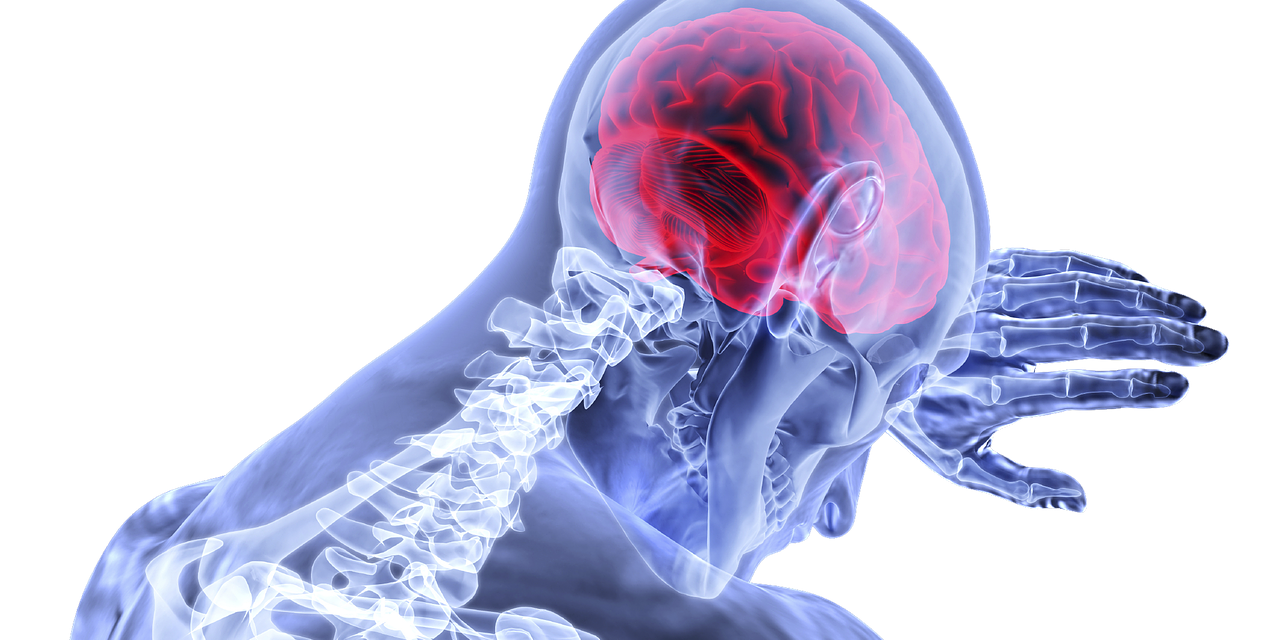by Caitlin D.
Whether you consider a cerebrovascular disease, commonly known as a stroke, a traumatic brain injury in and of itself or simply the effect of a tbi (a stroke is an acquired brain injury), the negative effects of it do not lessen. If one has an ischaemic stroke, as opposed to a haemorrhagic stroke, they then have a 25% – 30% higher chance of either developing vascular cognitive impairment (VCI) or vascular dementia (VaD), collaboratively known as VCID. Strokes may not always be the cause of VCID, but strokes and VCID do have similar risk factors. (For this reason, a stroke may co-occur with a VCID, but not be directly caused by it.) And, just like a stroke, “symptoms of vascular dementia and VCI can begin suddenly…. [but they] worsen or improve over time.”
“Vascular dementia is a general term describing problems with reasoning, planning, judgment, memory and other thought processes caused by brain damage from impaired blood flow to your brain.” Because of their similar effects, vascular dementia is often confused with Alzheimer’s disease. However, the difference is that vascular dementia is caused by the blockage of blood through the brain, whereas the cause of Alzheimer’s disease is not fully understood. For this reason, “Currently, no specific biomarkers have been proven to robustly discriminate vulnerable patients (‘at risk brains’) from those with better prognosis or to discriminate Alzheimer’s disease dementia from [vascular dementia].”
A relatively newly named condition, vascular cognitive impairment, “refers to the contribution of vascular pathology to any severity of cognitive impairment, ranging from subjective cognitive decline and mild cognitive impairment to dementia.” It is not an age-restricted condition, though the vast amount of those who are inflicted are elderly.
Last year, the National Heart, Lung and Blood Institute funded a study that proved that exercise helps prevent against vascular dementia. However, beyond that, little research has been done on how to prevent or cope with vascular dementia or vascular cognitive impairment. As the government noted, in 2015, “there are limited treatment options to improve cognition and function in VCI.” That still seems to be accurate. Since strokes are often the cause of vascular cognitive impairment and vascular dementia and since vascular dementia seems to mirror the effects of Alzheimer’s disease, research on how to cope with and later deal with strokes and Alzheimer’s would be beneficial.
While it is true that America is aging, as the world’s population is living longer, stroke and dementia should not be as much of a concern for those who live a healthy lifestyle. Thirty years ago, a person who was injured through a traumatic injury or a person who developed an acquired brain injury had almost no hope of survival. Now many such people can survive and even thrive. Hoping for that type of result for dementia in the same timetable seems very realistic.

